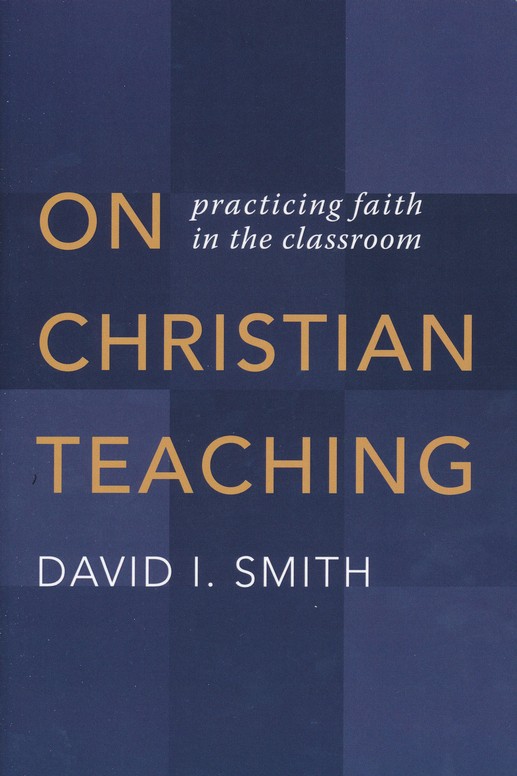When we talk about Christian Education we can be referring to a range of things – education done by Christians, or with worship included, or focused on theological topics, for instance. This course focuses on the how, on the intersection between faith and pedagogy. Regardless of what we are teaching, how might our faith convictions inform the ways in which we go about teaching it? What might it mean to understand teaching as a Christian practice? We will explore this with an emphasis on examples and practical strategies for renewing your teaching.
A growing body of recent research writing on faith-based education has focused the relationship between beliefs and values and the pedagogical process. Participants in this workshop will consider teaching and learning as social practices and explore how they can be Christian practices. The content of the workshop will draw from recent work in philosophy, sociology and theology on the nature of social practices and on recent work in education about faith and pedagogy, but will be made fully accessible to the non-specialist educator, with a focus on practical approaches to classroom practice and student formation. Participants will explore together the contours of classroom practice, examining concrete instances of teaching and learning and their relationship to Christian practice. Those seeking credit will write an integrative essay describing a possible application of a specific Christian practice to some aspect of their educational situation.
Specific topics include:
- How faith implicitly shapes teaching practices
- Practices and the social imaginary – and how a faith-informed imagination can frame teaching
- What is communicated by patterns of student engagement
- How the learning environment and classroom practices communicate values
- How digital technology is impacting faith-based schooling
The course will involve approximately 30 hours of work over two weeks, including:
- Brief daily practices assigned to focus reflection on teaching choices
- Live online presentations with questions and discussion.
- Reading (one book, 153 pages, and short online resources) and reflective journaling.
- Interaction around practical strategies with a small group of other teachers.
- Optional graduate and/or SCECH credit through Calvin University.
Participants seeking graduate credit will be asked to submit a written
assignment focused on planning a specific classroom sequence. There is
no assignment for participants not seeking graduate credit
See https://www.grcs.org/taacp

- Teacher: David Smith
Participants will advance learning of the Common Core State Standards and curriculum mapping within the context of professional learning community.
- Teacher: Merlin Tiede
- Teacher: Merlin Tiede